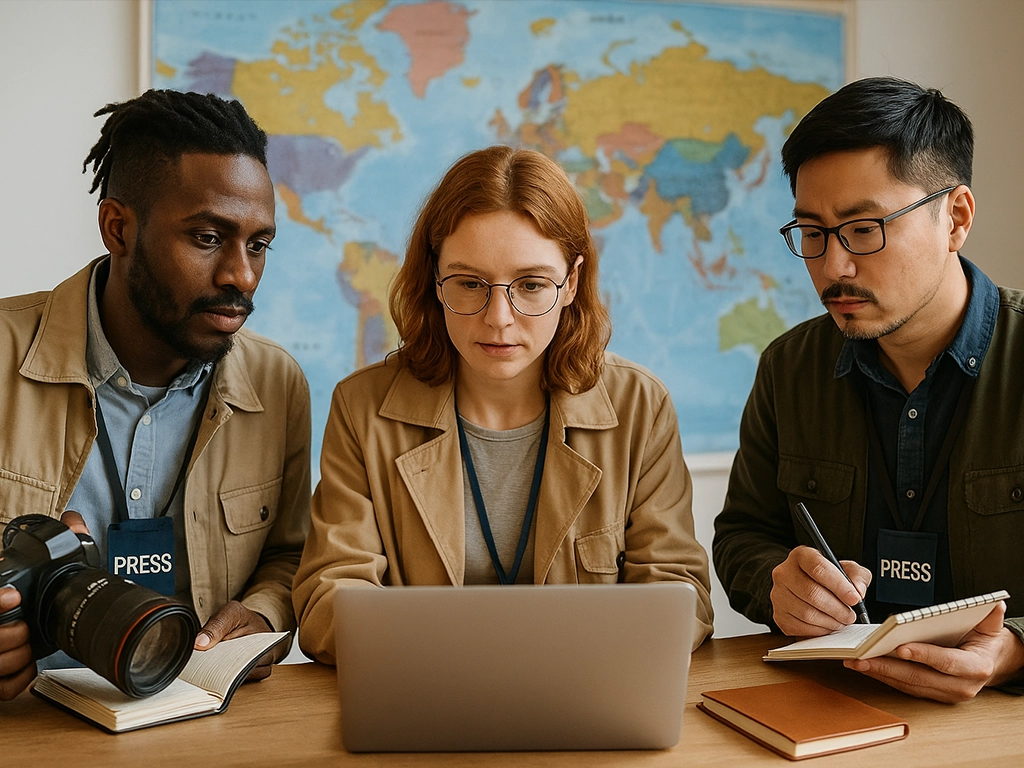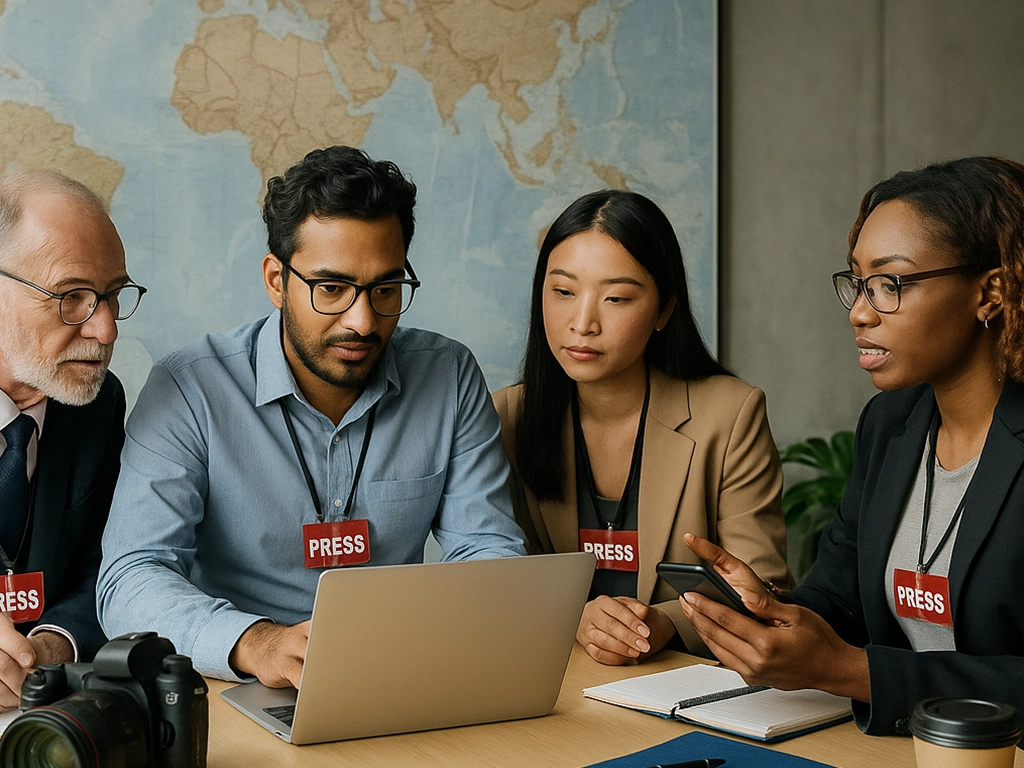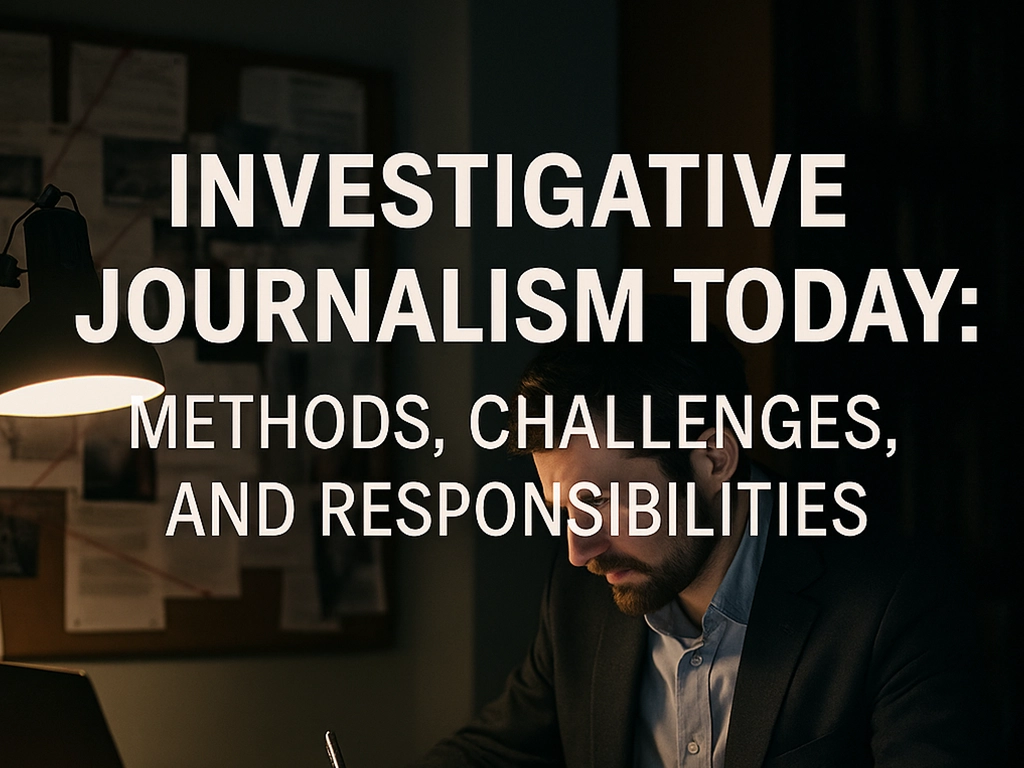The importance of investigative journalism
Investigative journalism serves as a watchdog for society. It exposes corruption, exposes abuses of power, uncovers social injustices and provides context behind complex problems. Unlike breaking news that provides instant updates, investigative work often requires weeks, months, or even years of patient research, interviews, and careful fact-checking.
By investing time and resources in uncovering the truth, investigative journalists help maintain democratic accountability. Their work informs the public and empowers citizens to demand transparency and change.

Essential methods of investigative journalism
Thorough investigative work requires a strategic approach and mastery of specific methods. Key techniques include:
- In-depth Research and Document Analysis
Investigative journalists rely heavily on public records, legal documents, financial statements, and government data. Freedom of Information Act (FOIA) requests, court records, and regulatory filings often reveal important evidence. Journalists need to know how to critically analyze these materials, reconcile data, and spot inconsistencies. - Developing reliable sources
A strong network of confidential and trustworthy sources is invaluable. Whistleblowers, insiders and experts offer perspectives that official documents may not reveal. Protecting sources is an important ethical responsibility that often requires secure communication methods and confidentiality agreements. - Data journalism and digital tools
With increasing access to huge data sets, investigative journalism increasingly involves data analysis. The use of tools such as spreadsheets, statistical software, and data visualization platforms allows journalists to uncover patterns, inconsistencies, and hidden trends in complex information. - Verification and fact-checking
Any claim made in an investigation report must be thoroughly verified. Journalists verify sources, consult independent experts, and corroborate stories, often with multiple witnesses, to ensure accuracy. - Ethical interview techniques
Interviews for investigative stories require sensitivity, preparation, and ethical diligence. Vulnerable witnesses may fear retaliation, and journalists must prioritize their safety while collecting truthful reports.
Challenges for investigative journalists
Investigative reporting often presents unique challenges that require resilience and professional discipline:
- Legal risks: Journalists may face defamation lawsuits or legal intimidation by powerful investigative targets.
- Personal safety: In some situations, reporters face harassment, threats, or surveillance.
- Financial pressure: Investigative journalism can be costly and time-consuming, making it difficult for independent journalists or smaller media outlets to fund long-term projects.
- Ethical dilemmas: Balancing public interest and privacy, dealing with sensitive cultural issues, and protecting endangered sources require careful ethical judgment.
Despite these obstacles, many journalists remain committed to investigative reporting because it has a profound impact on society.

The responsibility of investigative journalists
With great power comes great responsibility. Investigative journalists must adhere to the highest ethical standards in order to maintain their credibility and the trust of the public:
- Maintain complete independence from political, financial or ideological influences.
- Make a clear distinction between facts and speculation.
- Always verify information from multiple, credible sources.
- Respect the privacy and dignity of people involved in stories.
- Avoid sensationalism and instead focus on clear, honest reporting.
The credibility of investigative journalism depends not only on what is revealed, but also on how it is presented.

The role of networks and professional support
Investigative journalism can feel isolating. Access to strong professional networks provides important support, advice and opportunities for collaboration. As part of the USPA network, journalists will have access to:
- Experienced investigative reporters who are willing to share best practices.
- Specialized training resources on legal and ethical issues.
- International contacts that open doors for cross-border investigations.
- Secure communication tools and professional advice on protecting sources and handling sensitive information.
USPA membership not only provides these valuable resources, but also strengthens the professional qualifications of journalists. Being part of an established organization signals credibility, access to professional standards and a commitment to serious journalism.
Become a member of the USPA – easy access to global know-how
Joining the United States Press Agency® is remarkably simple, but it offers significant benefits. Whether you’re a seasoned journalist or an aspiring media professional, USPA membership offers:
- Instant access to a global network of trusted colleagues.
- Discounts on training programs, legal resources, and digital research tools.
- Invitations to exclusive workshops and seminars on the topic of investigative journalism.
- Assisting in addressing ethical, legal, and security challenges.
The application for membership is straightforward and can be completed online. The USPA welcomes journalists, press photographers, freelancers and investigative reporters from all fields who are committed to high journalistic standards.

The Future of Investigative Journalism
Despite growing challenges in the media industry, investigative journalism continues to play a crucial role in uncovering the truth and accountability of those in power. With the increase in misinformation, propaganda and political polarization, the need for rigorous investigative work is becoming more urgent.
For those willing to take on the challenge, investigative journalism offers not only professional fulfillment but also an essential service to society. With the right training, ethical discipline and the support of professional networks such as the USPA, journalists can live up to this responsibility with confidence.
The USPA is ready to support any investigative journalist who strives to make a difference. In a world that hungers for truth, their work remains indispensable.
Conclusion: Investigative journalism and public trust
Investigative journalism plays an important role in promoting accountability, transparency and democratic values. Any investigation can uncover significant truths that impact societies, industries, and individuals. Success in this field requires methodological research, ethical standards and professional support.
As information spreads rapidly, the need for well-researched, balanced and independent journalism is becoming increasingly important. The United States Press Agency®’s mission is to provide investigative journalists with the knowledge, tools, and global connections they need to do their jobs. Through collaboration and shared expertise, USPA members uphold the principles of modern journalism.
For journalists who want to make a significant impact, investigative reporting offers a valuable opportunity. With USPA’s support, journalists have access to resources and a community dedicated to finding the truth.
